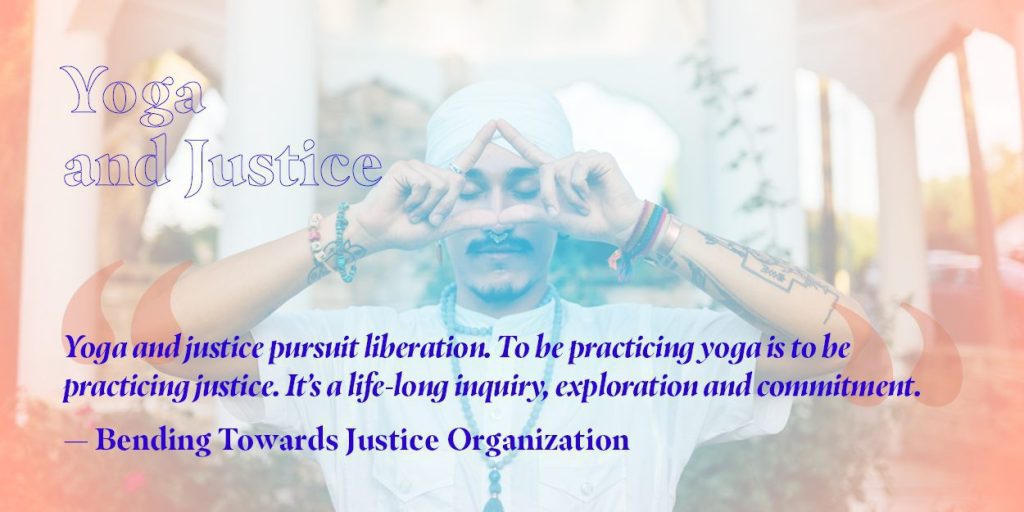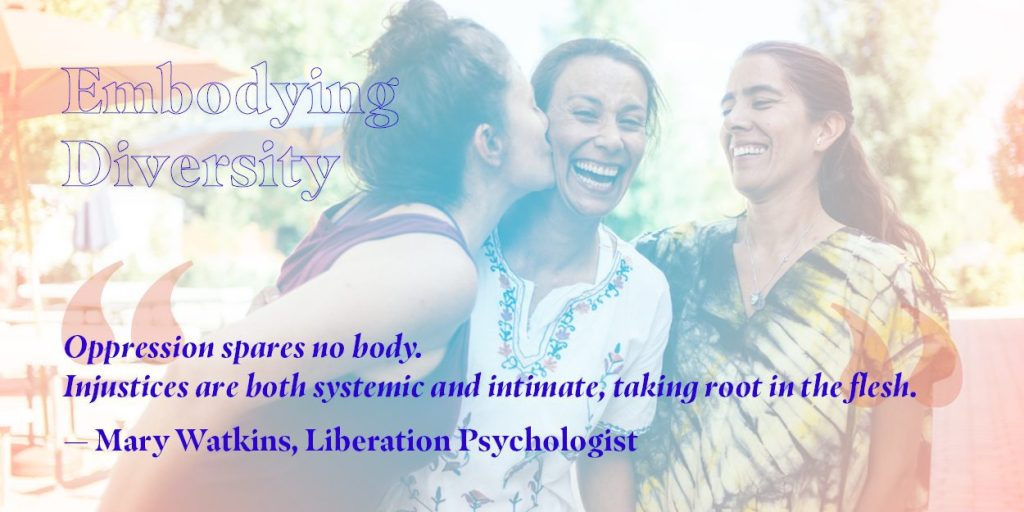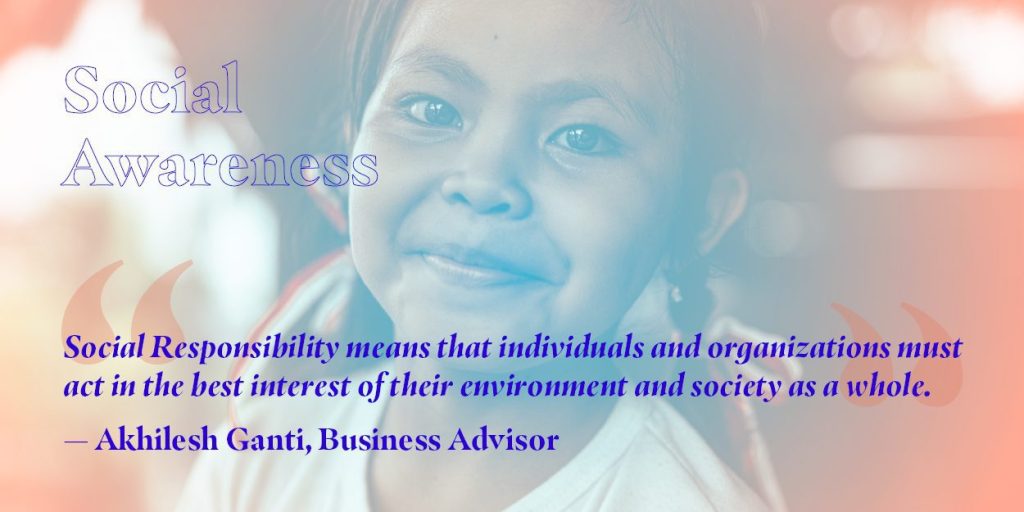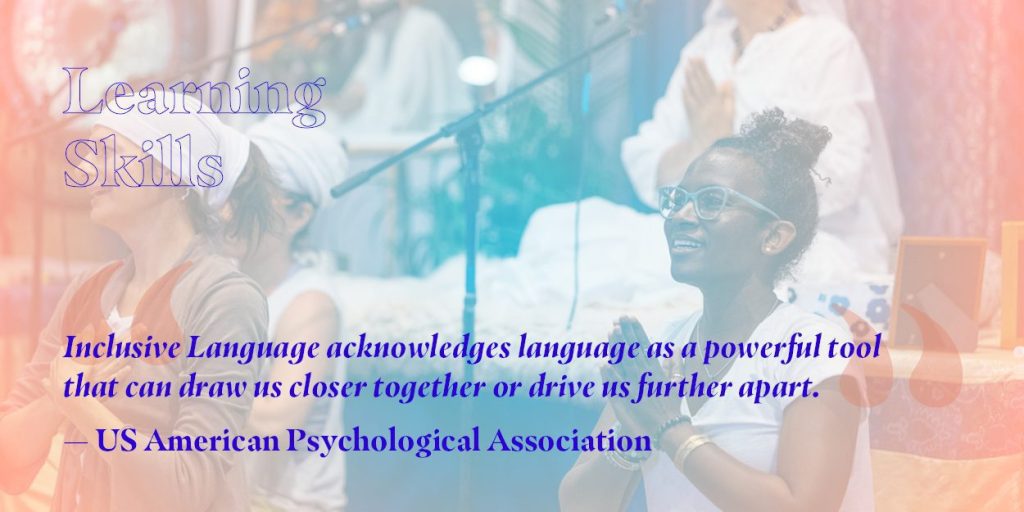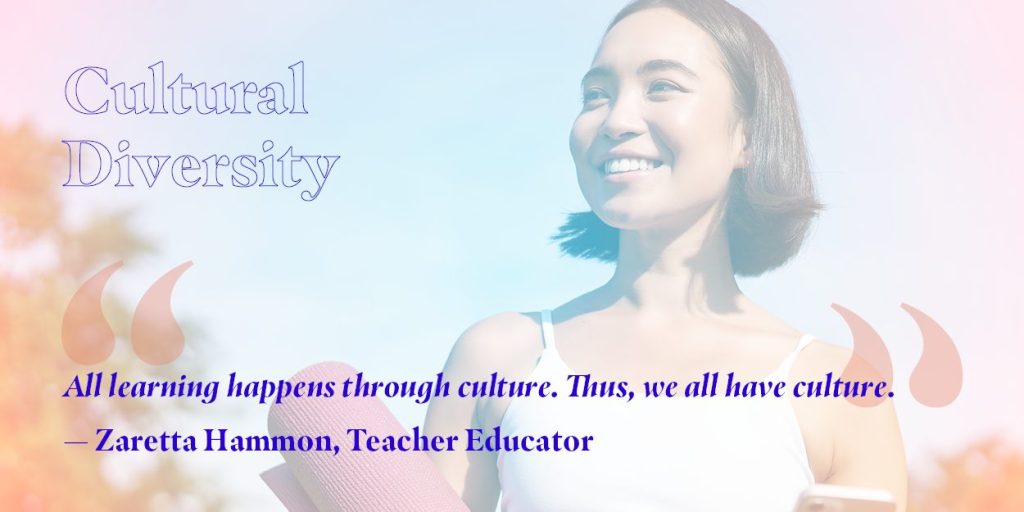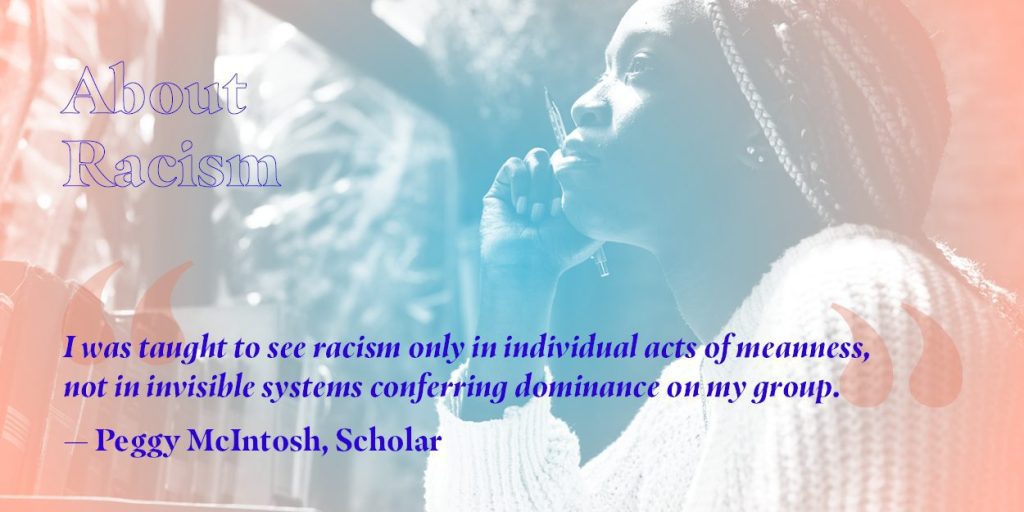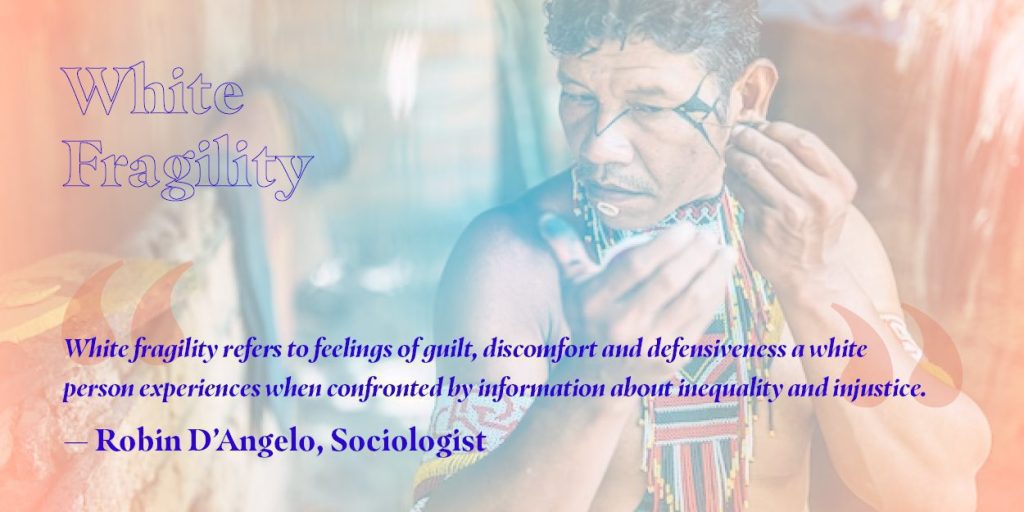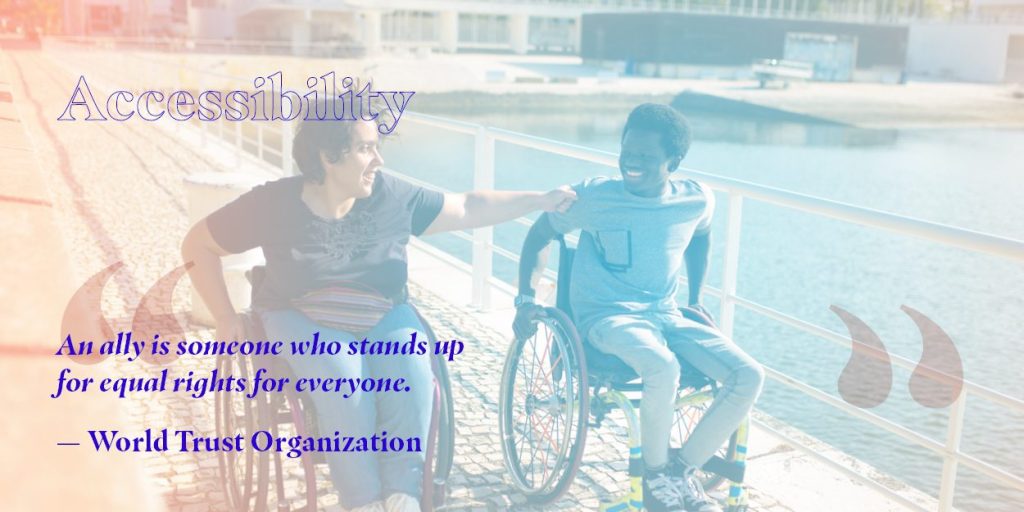



DEI KRI's Performance in 2022
Based on our demographic survey
- 60% of our trainers are white, 10% Latin@ descent; 1.5% Indigenous; 1% Black; 4.7% Asian; and 7.5% multiracial. In comparison to the European population of 90% of European whites, 1.2% European Blacks and 2.9% of African and Arabic origin (total of 22 million European Blacks out of 746 million people) and 0.5% of Asian origin. This is also in contrast to 19% of Blacks and 0.6% Asians in Latin America, 130 million and 4 million respectively. And in contrast to the 59% white population in the United States, 13.6% Black or African American, 1.3% American Indian and Alaska Native, 6.1% Asian, 2.9% two or more races, and 18.9% Hispanic or Latino population (2021 US Census).
- 7.5% of our trainers belong to the LGTBQIA community in comparison to the 7.1% population in the USA (Gallup News). 7.4% LGBTQIA+ population in Germany, 6.9% in Spain and 6.4% in the United Kingdom, as well as in comparison to 3 to 5% percent in Latin America (Statista Design).
- 16% of our trainers want to participate in White/BIPOC or POC Affinity Groups
- 47% of our trainers feel they are racially and culturally competent above average when it comes to diversity, equity and inclusion.
- 1.5% of our trainers have mental and physical disabilities that are an important trait of their identity.
- 37% of our trainers have a higher educational degree in comparison to the U.S. population of 37.9%.
- The communities our trainers serve fluctuate between them having high school, associate’s, bachelor’s and doctoral degrees.
- 40% of our trainers feel they have more than enough financial resources and a desire to support access for others; 61% have fair access with sufficient financial resources who can pay fair value for their KRI experience, and 12.7% have limited resources who would benefit from access supplemented by the larger KRI community.
- And the communities our trainers serve when teaching Kundalini yoga, 37% have more than enough financial resources, 59% have fair access and can afford fair value for KRI experiences, and 43% have limited resources and would benefit from supplementary access from the larger KRI community.


